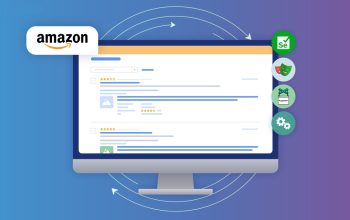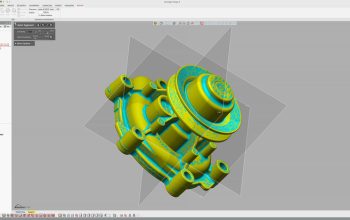The benefits of hyperautomation extend across most industries. For example, healthcare organizations can use hyperautomation to ensure compliance with regulations, which is essential to the viability of the organization. Hyperautomation can also help retail companies improve the efficiency of back-end retail processes, such as procurement and billing. In addition, it can help reduce costs.
Hyperautomation enables bots to perform tasks that humans once performed manually, such as analyzing data and making decisions. Robots can quickly analyze large volumes of data and apply deep learning algorithms to make predictions. This enables companies to monitor IT costs, reduce wait times, and comply with regulations.
In addition to helping businesses streamline their processes and improve productivity, hyperautomation provides data to improve decision-making. By automating repetitive tasks, companies can maximize their return on investment. This helps businesses build fluid, scalable organizations. This technology is a critical component of the digital transformation of many businesses.
As organizations become more dependent on technology, hyperautomation can improve productivity by automating lower-level cognitive tasks, freeing up everyday workers for more creative tasks. However, implementing hyperautomation requires the right tools and proper execution. According to Gartner, hyperautomation will significantly impact organizations of all sizes and types. It can cut operational costs by 30 percent by 2024, which is a substantial savings compared to today’s levels.
Hyperautomation can significantly increase the productivity of employees. As a result, businesses can improve quality, reduce costs, and free up IT staff. Additionally, hyperautomation technology allows businesses to deploy automated systems on a large scale. This allows organizations to optimize their operations and accelerate their digital transformation.
Hyperautomation also increases the efficiency of existing processes and reduces manual intervention. This technology is especially useful in the financial services industry, which involves numerous transactions and communications. By automating these tasks, organizations can ensure high-quality results and free up staff for higher-value tasks. Further, it can be used in the healthcare industry to streamline patient health record data management, hospital billing cycles, and pharmaceutical inventories.
Besides the financial sector, government organizations can also benefit from Hyperautomation. Many of these agencies are currently using outdated legacy systems and slow decision-making processes. Using RPA and hyperautomation can help them modernize their processes and keep them profitable. It can also reduce human error and keep enterprise technology infrastructure current.




